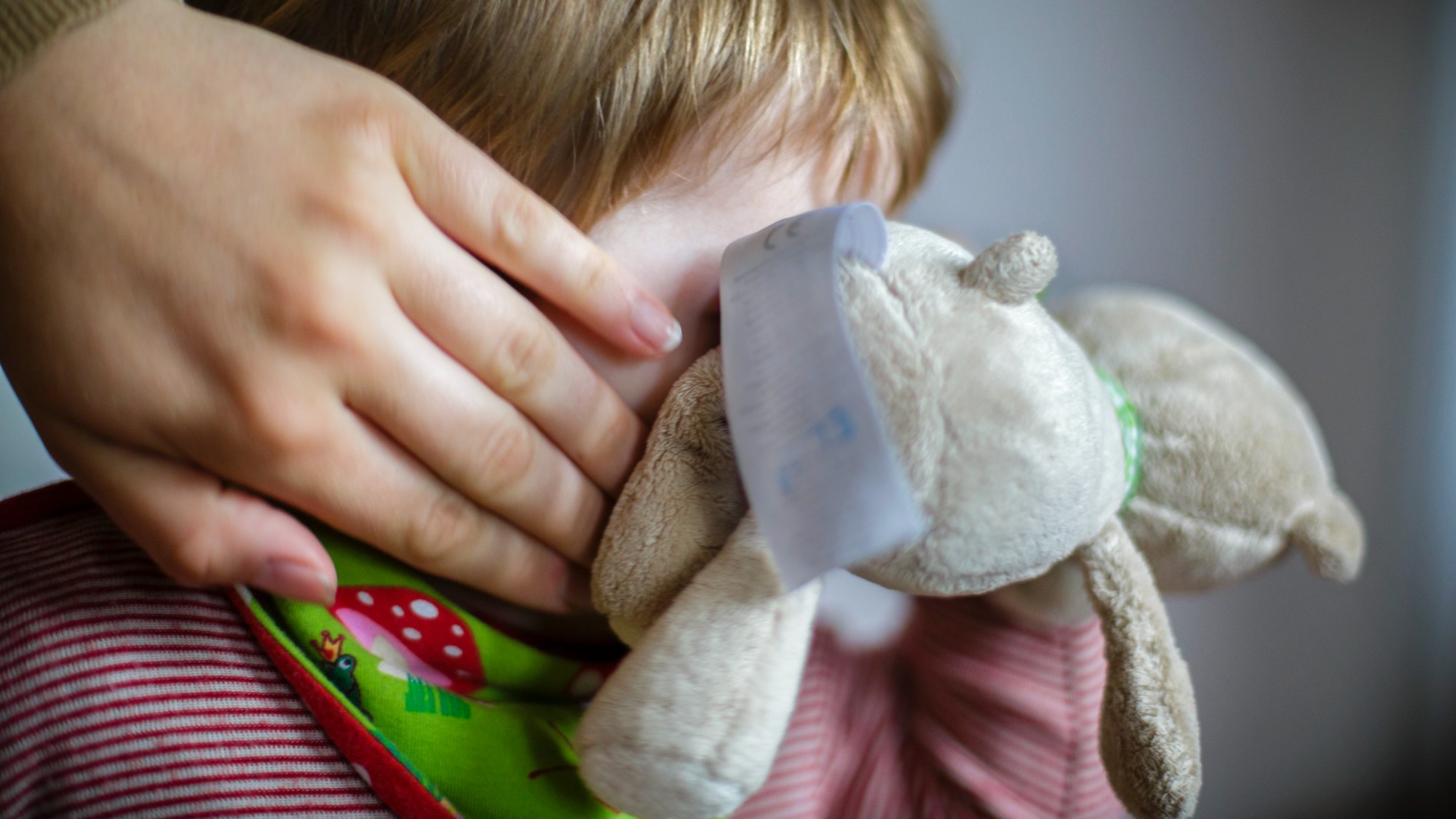By The Week UK
Copyright theweek

SUBSCRIBE & SAVE
Less than $3 per week
View Profile
The Explainer
Talking Points
The Week Recommends
Newsletters
From the Magazine
The Week Junior
Food & Drink
Personal Finance
All Categories
Newsletter sign up
In The Spotlight
England’s ‘dysfunctional’ children’s care system
A new report reveals that protection of youngsters in care in England is failing in a profit-chasing sector
Newsletter sign up
Local councils are required by law to provide care for children in need but the care sector is dominated by private equity-backed operators
(Image credit: Thomas Trutschel / Photothek / Getty Images)
The Week UK
15 September 2025
The care system for children in England doesn’t represent value for money, according to a new report, with a record number of those in residential care living in challenging conditions and often moved miles away from where they grew up.
The cost of children’s homes has doubled in the last five years but the current standards of care nowhere near reflect that. A report by the National Audit Office (NAO) has described the system as “dysfunctional”.
It’s another damning indictment of a sector that has been dogged by staff shortages and higher expenses, leaving vulnerable children unsupported.
Escape your echo chamber. Get the facts behind the news, plus analysis from multiple perspectives.
SUBSCRIBE & SAVE
Sign up for The Week’s Free Newsletters
From our morning news briefing to a weekly Good News Newsletter, get the best of The Week delivered directly to your inbox.
From our morning news briefing to a weekly Good News Newsletter, get the best of The Week delivered directly to your inbox.
The state of affairs
Protecting children in care has become a problem right across the country. “It is a moral failure” that thousands of children are abandoned at critical times in their lives, said a Commons Education Committee report in July, with “urgent action” required to “fix this broken system”.
On a local level, councils are struggling to find enough placements of a high standard for children. Many bounce from home to home, with no consistency or stability to speak of. A history of abuse and neglect affects two-thirds of children in care in England, said Sky News.
The challenges don’t stop there, with the problems they face continuing into adulthood. Due to “systemic failings” of the care system as a whole, those who emerge from care are “three times more likely not to be in education, training, or employment than their peers”.
Better information about the “supply and the availability” of places in care, but more importantly of specific “children’s needs”, should be the top priority for the Department for Education, said the lead author of the NAO report, Emma Willson.
Sign up for Today’s Best Articles in your inbox
A free daily email with the biggest news stories of the day – and the best features from TheWeek.com
Contact me with news and offers from other Future brandsReceive email from us on behalf of our trusted partners or sponsorsBy submitting your information you agree to the Terms & Conditions and Privacy Policy and are aged 16 or over.
Crunching the numbers
Like many concerns at the moment, a central obstacle for care providers is funding and allocating resources effectively. Care facilities do not come cheap but the situation is beginning to spiral out of control.
Overall, the total cost of residential care in England last year was £3.1 billion, rising from £1.6 billion 2019/20, said the Financial Times. The average cost to local authorities of placements in children’s homes rose by a third to nearly £320,000 in 2023/24, meaning an average cost of around £6,100 per child a week.
In the most extreme circumstances, children with complex needs require “24-hour supervision by multiple staff” and councils had been charged up to £3.3 million a year for a single placement, said The Guardian.
Profit-run sector
Companies that are privately owned, often funded by private equity, lie at the heart of the sector. They look to take advantage of the broken system, said The Guardian, with the fees they charge far surpassing the rate of inflation, with some of the biggest providers “enjoying average annual profit rates of 22.6% a year”.
Private firms were “racking up huge profits” due to market failure, and can load the children’s homes with “high levels of debt”, which often leads to “heightening the risk of market instability”.
Their presence in the sector has grown. Now, 84% of children’s homes are run for profit, said the BBC. Because they are independent, many private care providers can “cherry pick the children they take” from councils “based on how much support they need and how much profit this allows”.
Explore More
Department of Education
The Week UK
Social Links Navigation
Cider farms to visit this autumn
The Week Recommends
With harvest season fast approaching, spend an afternoon at one of these idyllic orchards
Endangered shark meat is being mislabeled and sold in the US
Under the radar
It could cause both health and ecological problems
Crossword: September 15, 2025
The Week’s daily crossword
You might also like
The pros and cons of banning cellphones in classrooms
Pros and cons
The devices could be major distractions
School phone bans: Why they’re spreading
17 states are imposing all-day phone bans in schools
Send reforms: government’s battle over special educational needs
The Explainer
Current system in ‘crisis’ but parents fear overhaul will leave many young people behind
Education: America First vs. foreign students
Trump’s war on Harvard escalates as he blocks foreign students from enrolling at the university
Where will international students go if not the US?
Talking Points
China, Canada and the UK are ready to educate the world
Colleges are canceling affinity graduations amid DEI attacks but students are pressing on
In the Spotlight
The commencement at Harvard University was in the news, but other colleges are also taking action
Education: Can public schools be religious?
A Supreme Court seems ready to rule in favor of religious charter schools in Oklahoma, which could reshape public education
Supreme Court may bless church-run charter schools
The case is ‘one of the biggest on church and state in a generation’
View More ▸
Contact Future’s experts
Terms and Conditions
Privacy Policy
Cookie Policy
Advertise With Us
The Week is part of Future US Inc, an international media group and leading digital publisher. Visit our corporate site.
Future US, Inc. Full 7th Floor, 130 West 42nd Street



